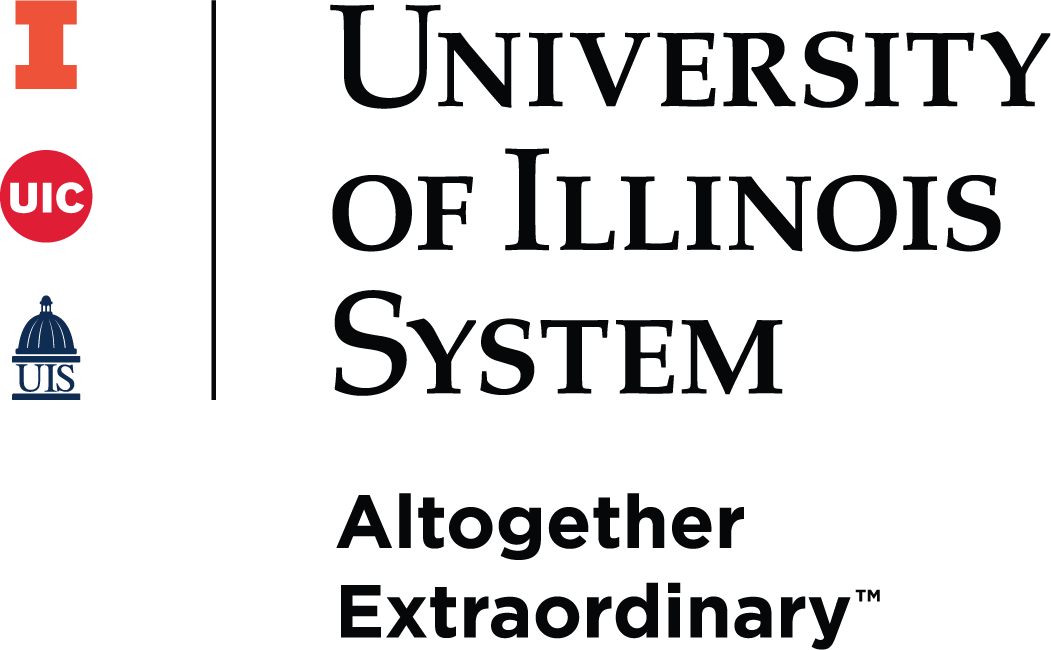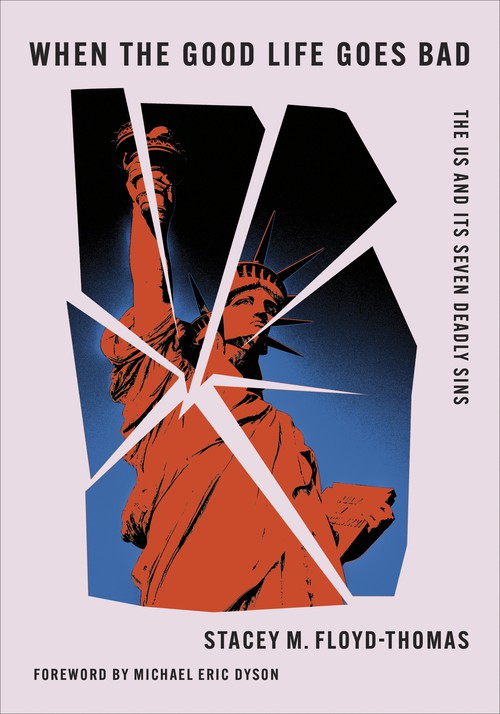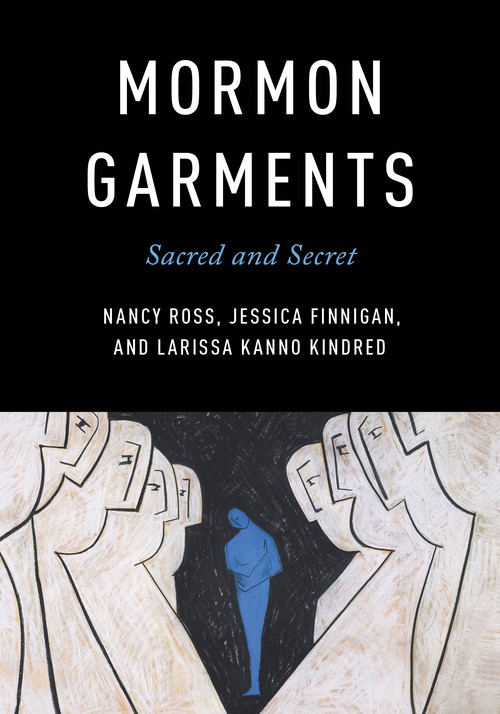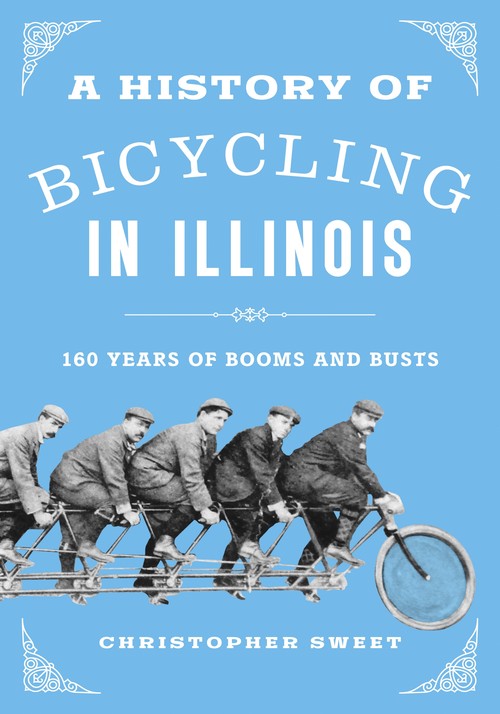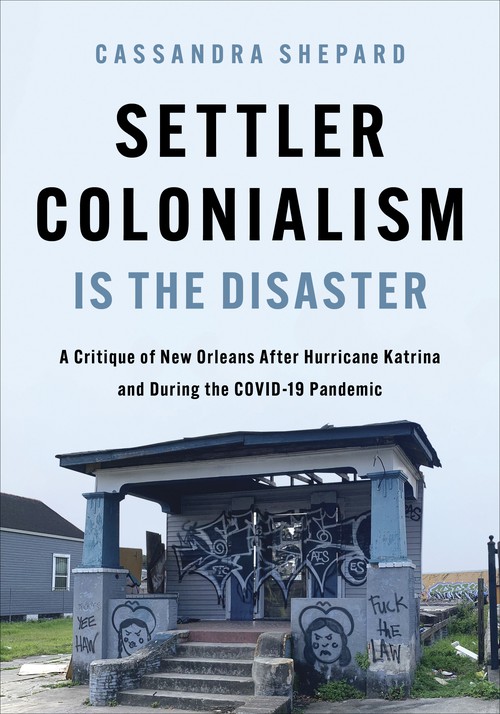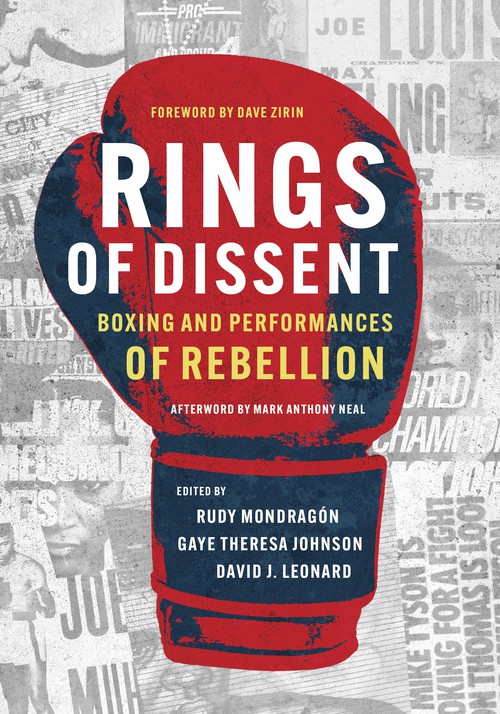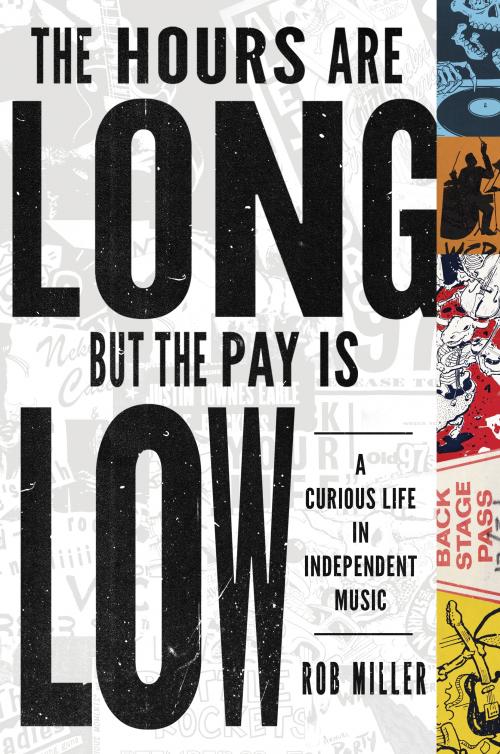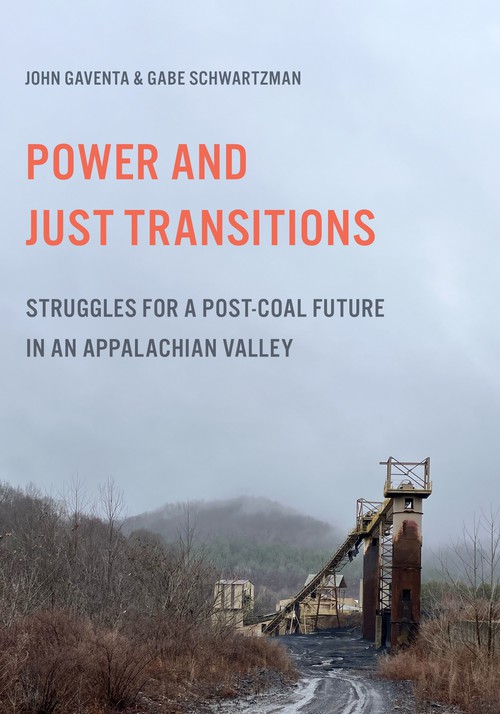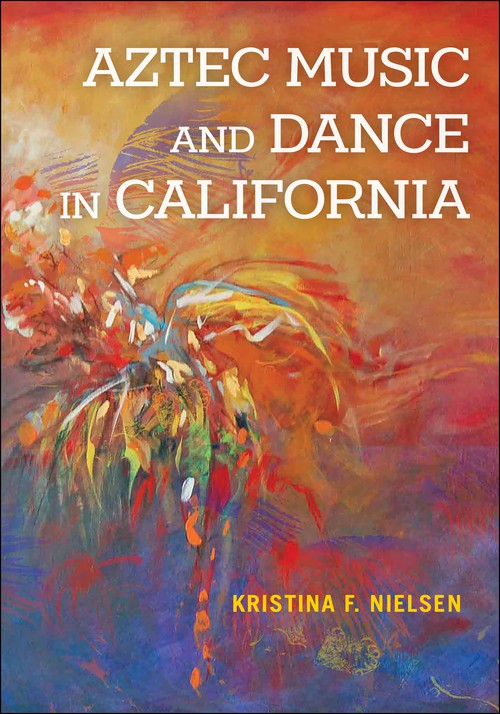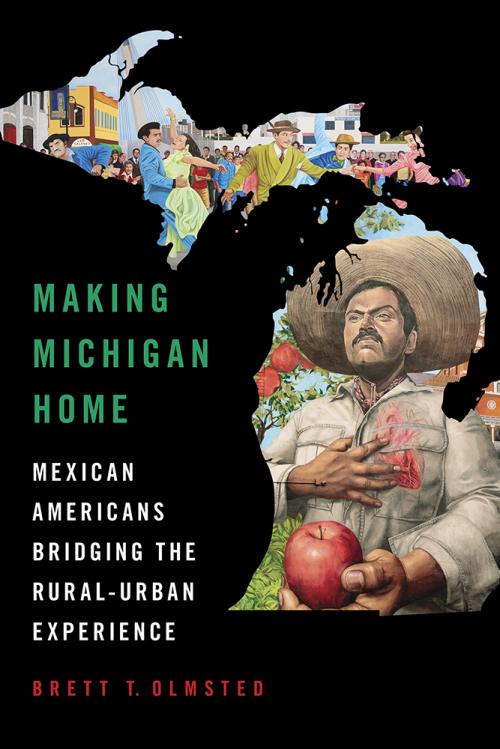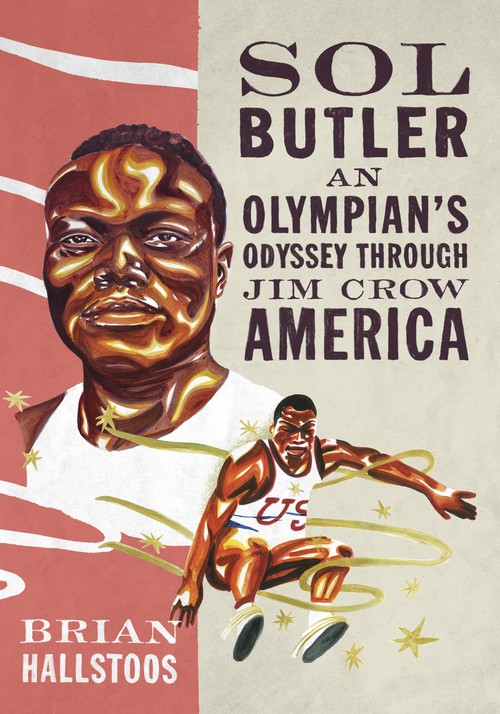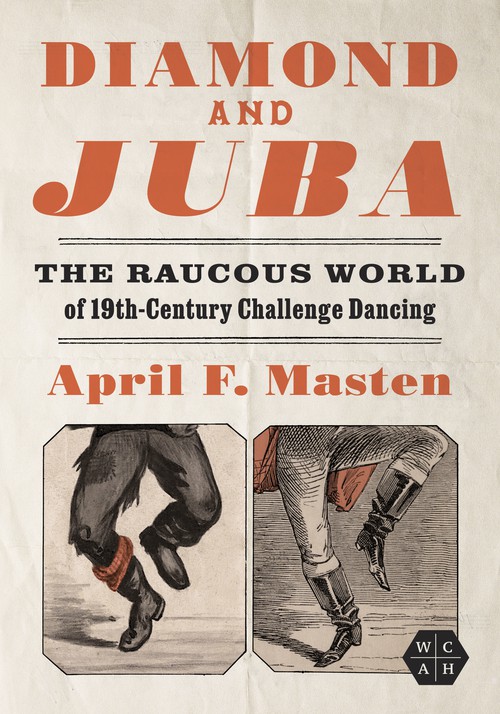Scholars frequently note the dwindling audiences for scholarly monographs in their fields. How are academic writers responding to this condition by writing in other genres and other media outlets? How do other forms of communication amplify academic work, connecting it to new audiences? How are these forms of communication changing the substance of academic work itself?
Moderator: Elena Rebeca Gutiérrez is an Associate Professor in Gender and Women's Studies and Latin American and Latino Studies at the University of Illinois, Chicago and a member of the Faculty Board at the University of Illinois Press. Her book publications include Undivided Rights: Women of Color Organize for Reproductive Justice (with Jael Silliman, Marlene Gerber Fried, and Loretta Ross) and Fertile Matters: The Politics of Mexican-Origin Women's Reproduction. Her analysis of the forced sterilization of Mexican-origin women in Fertile Matters was the subject of the award winning film, “No Mas Bebes.” She is the curator of the Reproductive Justice Virtual Library and is currently researching Chicana/x/e feminist activism in Chicago.
Zizi Papacharissi is Professor and Head of the Communication Department, Professor of Political Science at the University of Illinois-Chicago, and University Scholar at the University of Illinois System. Her work focuses on the social and political consequences of online media. She has published ten books, over 70 journal articles and book chapters, and serves on the editorial board of fifteen journals. Zizi is the founding and current Editor of the open access journal Social Media & Society. She has collaborated with Apple, Facebook, Microsoft, and Oculus and has participated in closed consultations with the Obama 2012 election campaign. She sits on the Committee on the Health and Well-Being of Young Adults, funded by the National Academies of Science, the National Research Council, and the Institute of Medicine in the US, and has been invited to lecture about her work on social media in several Universities and Research Institutes in Europe, Asia, Africa, and the Americas. Her work has been translated in Greek, German, Korean, Chinese, Hungarian, Italian, Turkish, and Persian. Her latest book, titled After Democracy: Imagining our Political Future, is out now, from Yale University Press.Nadine Naber is a Professor in the Gender and Women's Studies Program and the Global Asian Studies Program and holds an affiliation with the Department of Anthropology at the University of Illinois- Chicago. At UIC, she is the co-principal investigator of the Diaspora Cluster. Dr. Naber’s research interests lie at the intersections of transnational feminisms; women of color and queer of color theory; de-colonizing feminisms; empire studies; critical race studies; and Middle East Studies; and Arab American Studies. She is author of Arab America: Gender, Cultural Politics, and Activism (New York University Press, 2012) and co-editor of the books Race and Arab Americans (Syracuse University Press, 2008); Arab and Arab American Feminisms, winner of the Arab American Book Award 2012 (Syracuse University Press, 2010); and The Color of Violence (South End Press, 2006).
Robert Johnston is Professor of History, and Director of the Teaching of History program, at the University of Illinois-Chicago. His work focuses on class, democracy, and populism in American history. His current book project is Pox, Politics, and Populism: Three Centuries of American Controversies over Vaccination (Oxford University Press).
New Directions in Marketing Academic Work
The market conditions for scholarly publishing are constantly evolving and the pandemic has only accelerated these changes. How are marketers responding to this condition by promoting and selling academic writing to new platforms and audiences? How can authors work with their publisher’s marketing department in this changing environment? How has the pandemic shaped academic libraries’ needs for digital resources? This panel of experienced marketers will share what they’ve heard, what they’ve tried, and what they know.
Moderator: Michelle Sybert is Assistant Director at the University of Notre Dame Press, where she leads marketing, sales, and development efforts. She previously worked at Indiana University Press in trade marketing and publicity, journals marketing, marketing design, and managing editorial.
Martyn Beeny is Marketing and Sales Director at Cornell University Press after holding the same role at University of Nebraska Press. He has served on, and chaired, the AUP Marketing Committee and presented on a variety of marketing topics at that meeting and elsewhere. He holds a PhD in history.
Jocelyn Dawson is the Journals and Collections Marketing Manager at Duke University Press. She has served on committees of AUPresses and the Society for Scholarly Publishing and is a previous member of the SSP’s Board of Directors. She serves on SSP’s DEI committee, plays an active role in E&I efforts at Duke UP, and has authored pieces on inclusion topics for The Scholarly Kitchen. She co-leads the Toolkits for Equity project to develop antiracism guides for scholarly publishing (c4disc.org).
Authors Seeking Knowledge from University Presses: Ask UP
“Op-ed Writing: Tips and Tricks” at The Op-ed Project
“How to Start Writing for the Public” by Victor Ray in Inside Higher Ed
“You Want to Write for the Public, But About What?” by Katie Rose Guest Pyral in The Chronicle of Higher Education
“5 Questions to Answer to Help You Communicate Your Research” by Diana Brazzel in Inside Higher Ed
“So You Want to be a Podcast Guest” by Lindsay Chervinsky in Medium
Watch recordings of previous University of Illinois Press Publishing Symposium sessions:
Questions? Contact Michael Roux, University of Illinois Press, mroux@illinois.edu
